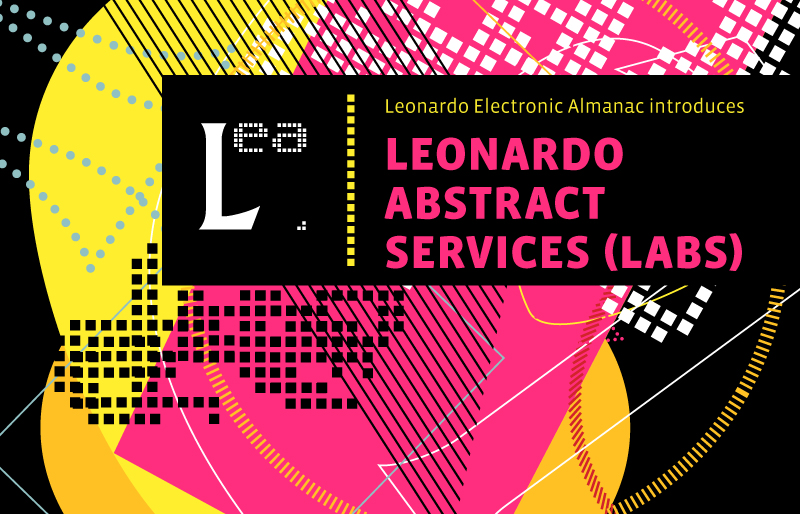
Leonardo Abstract Services (LABS) 2008-2009
Creating Order in the Ceaseless Flow: The Discursive Constitution of the Radio Spectrum
The concept of ‘radio spectrum’ was created to organize the electromagnetic waves used by communicative technologies. It signifies an ordered sequence of radio frequencies and the delineation of blocks of those frequencies for allocation to uses and users. This thesis examines the development of the concept of the radio spectrum, and the way in which it is constituted by discourses that generate and reflect particular relations of power. The thesis reframes histories of broadcasting and telecommunications in New Zealand to draw attention to the role of radio spectrum in the regulation of access to wireless communications. New Zealand serves as the primary case study of the constitution of radio spectrum due to the particular forms of power the New Zealand state has exercised over and through the radio spectrum. The thesis argues that legislative moves have framed the New Zealand radio spectrum first as a vulnerable dimension of national territory in need of protection, and more recently as an object of trade in a global market, a part of the ‘flows’ of the informational, ‘network society’ analyzed by Manuel Castells. While these are the primary discourses that frame the radio spectrum, the power of the state to define and control radio spectrum in New Zealand and other countries is challenged by a range of resistant practices articulated through the discourses of tactical media, media art, and the ‘spectrum commons’. These discourses challenge the constitution of radio spectrum into allocative blocks, and the way this structure can be used by the state and by corporate interests to control access to radio communications. The thesis discusses this range of discourses and the ways in which they reflect and generate particular forms of power in relation to radio spectrum. This traces a movement identified by Michel Foucault from a juridico-political discourse that views all power as concentrated in and exercised by the state, to a more strategical approach that acknowledges that power operates through a mobile field of relations and is not simply a descending and repressive force. This thesis argues that through changes in discourse and power in relation to radio spectrum the allocative structure that was invented as a tool of state power is being refigured as a fluid zone of interconnection, a site of diffuse and multiple modulations of power. This establishes a conceptual framework for understanding the flows of radio waves that that contextualizes and enriches artists’ use of radio technologies.
Degree: PhD
Year: 2008
Pages: 197
University: University of Auckland, New Zealand
Supervisor: Luke Goode
Email: l.goode@auckland.ac.nz
Supervisor 2: Jo Smith
Language: English
Dept: Film, Television and Media Studies
Copyright: Zita Joyce
Lang_author: German, Dutch
Email: zita@ethermap.org
Keywords: Radio Spectrum, Radio Waves, Radio Technology, Media Art, Tactical Media, Power, Flows, Broadcasting, Communications
LEONARDO ABSTRACTS SERVICE (LABS) is a comprehensive collection of Ph.D., Masters and MFA thesis abstracts on topics in the emerging intersection between art, science and technology.
If you are interested you can submit your abstract to the English LABS, Spanish LABS, Chinese LABS and French LABS international Peer Review Panels for inclusion in their respective databases. The authors of abstracts most highly ranked by the panel will also be invited to submit an article for consideration for publication in the refereed journal Leonardo.
Files:
